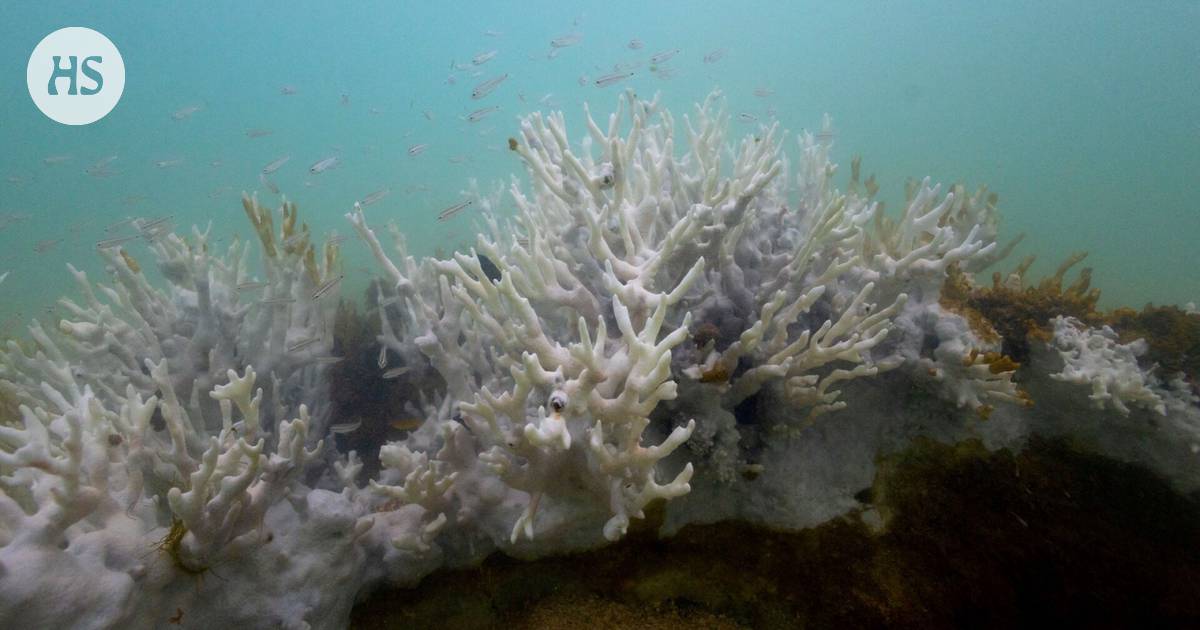Coral bleaching, a phenomenon that occurs when corals expel the algae living in their tissues, has become increasingly observed globally. Approximately 60 percent of the world’s reefs have experienced bleaching due to heat in the past year, with researchers warning that the phenomenon is continuing to expand. The US weather and ocean research organization NOAA reported that coral bleaching has been documented in over 62 countries and regions since February of the previous year, with the number increasing by nine since April.
This marks the fourth global coral bleaching event in recorded history, with the most severe effects seen during the global bleaching event from 2014 to 2017. NOAA predicts that there is a high chance that this year will be among the hottest on record. Ocean temperatures have been breaking records for 13 consecutive months, with the accumulation of heat stress being particularly extreme in the Atlantic Ocean. It remains a concern whether the ongoing bleaching event will worsen, with fears that it could impact reefs in regions like Asia and the Caribbean if ocean temperatures continue to rise.
The ongoing bleaching event is expected to have far-reaching consequences, affecting not only the health of the oceans but also people’s livelihoods and food security. Severe or prolonged heat stress can lead to the death of corals, although recovery is possible if temperatures decrease and other stressors such as overfishing and pollution are reduced. The loss of coral reefs not only affects marine life but also has a ripple effect on human communities that rely on these ecosystems for their livelihoods and food security.
Coral reefs provide habitat for numerous species of fish and other marine life, as well as support tourism economies in many countries around the world. The loss of these ecosystems could have devastating impacts on both local communities and global economies. As NOAA continues to monitor this situation closely, it remains important for governments and individuals around



